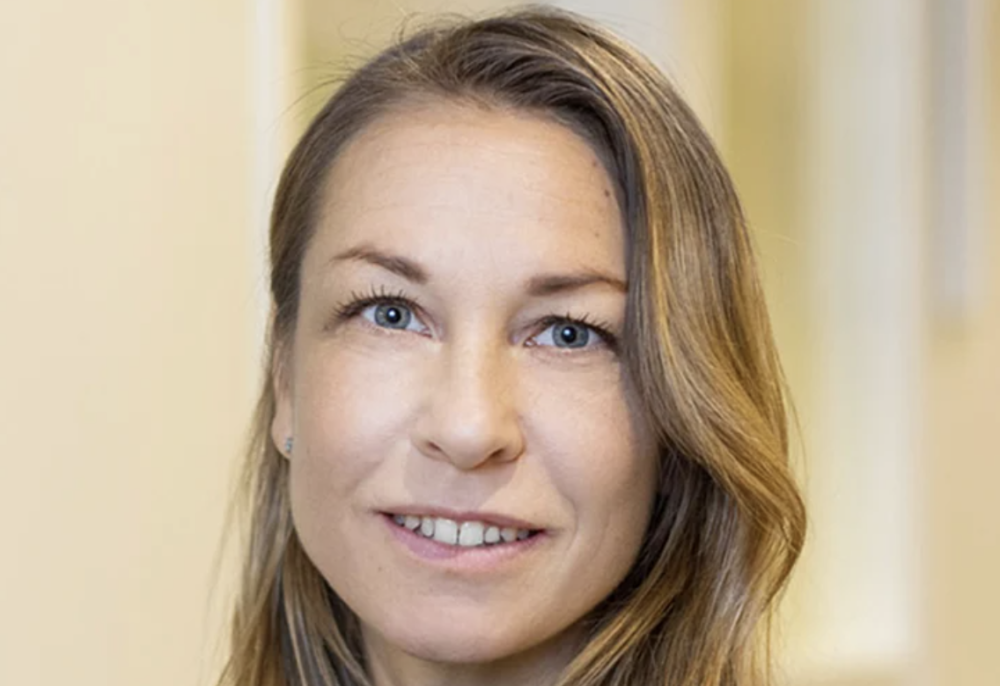Advertisement
Two Americans and a Dane win the Nobel Prize in Chemistry

The Royal Swedish Academy of Sciences has decided to award the Nobel Prize in Chemistry to Carolyn R. Bertozzi, Stanford University, USA, Morten Meldal, University of Copenhagen, Denmark, and K. Barry Sharpless, Scripps Research, USA.
Carolyn R. Bertozzi (born 1966 in USA) has a PhD (1993) from UC Berkeley. She is currently Anne T. and Robert M. Bass Professor at Stanford University, CA, USA. Her research group develops for example chemical tools to study the glycobiology underlying diseases such as cancer, inflammation, tuberculosis and most recently COVID-19. She is the inventor of “bioorthogonal chemistry”, a class of chemical reactions compatible with living systems that enable molecular imaging and drug targeting.
“Actively engaged with several biotechnology start-ups”
Several of the technologies developed in the Bertozzi lab have been adapted for commercial use. Actively engaged with several biotechnology start-ups, Bertozzi cofounded Redwood Bioscience, Enable Biosciences, Palleon Pharmaceuticals, InterVenn Bio, OliLux Bio, Grace Science LLC and Lycia Therapeutics.
“We are only scratching the beginning of our understanding of organic chemistry”
Morten Meldal (born 1954 in Denmark) has a PhD (1986) from Technical University of Denmark, Lyngby, Denmark. He is currently Professor at University of Copenhagen, Denmark.
In Adam Smith’s/Nobel Prize Outreach’s telephone interview right after the announcement Meldal said that he views chemistry as a way of describing reality. It’s a field that should appeal to the young, he said, since “understanding how everything works is a very challenging but also a very rewarding experience.” And the possibilities are endless, he said in the interview. “We are only scratching the beginning of our understanding of organic chemistry,” he stated.
“I think that there’s a lot of research that goes by which are, is very exciting, and sometimes you just by serendipity have an orange falling into your turban and you have a very nice idea that can make a lot of people have an easier life in their research, or even in public.”
Meldal also said in the interview that it was a total surprise to hear the news. “I think that there’s a lot of research that goes by which are, is very exciting, and sometimes you just by serendipity have an orange falling into your turban and you have a very nice idea that can make a lot of people have an easier life in their research, or even in the, you know, in public. And that’s what happened. And that’s what happened to me. So this was a very serendipitous discovery that we did. By analyzing our results we found that there was something strange going on, and this was very useful,” he said.
Read more: Nordic Nobel Laureates
Sharpless’ second Nobel Prize
K. Barry Sharpless (born 1941 in Philadelphia, PA, USA) has a PhD (1968) from Stanford University, CA, USA. He is currently W. M. Keck Professor at Scripps Research, La Jolla, CA, USA.
This is actually his second Nobel Prize in Chemistry. He received the prestigious award in 2001 for his work on chirally catalyzed oxidation reactions.
Read more: The Nobel Prize – Editor’s Pick
Illustrations of Carolyn R. Bertozzi, Morten Meldal, and K. Barry Marshall: © Nobel Prize Outreach. Ill. Niklas Elmehed
Published: October 5, 2022
Advertisement












